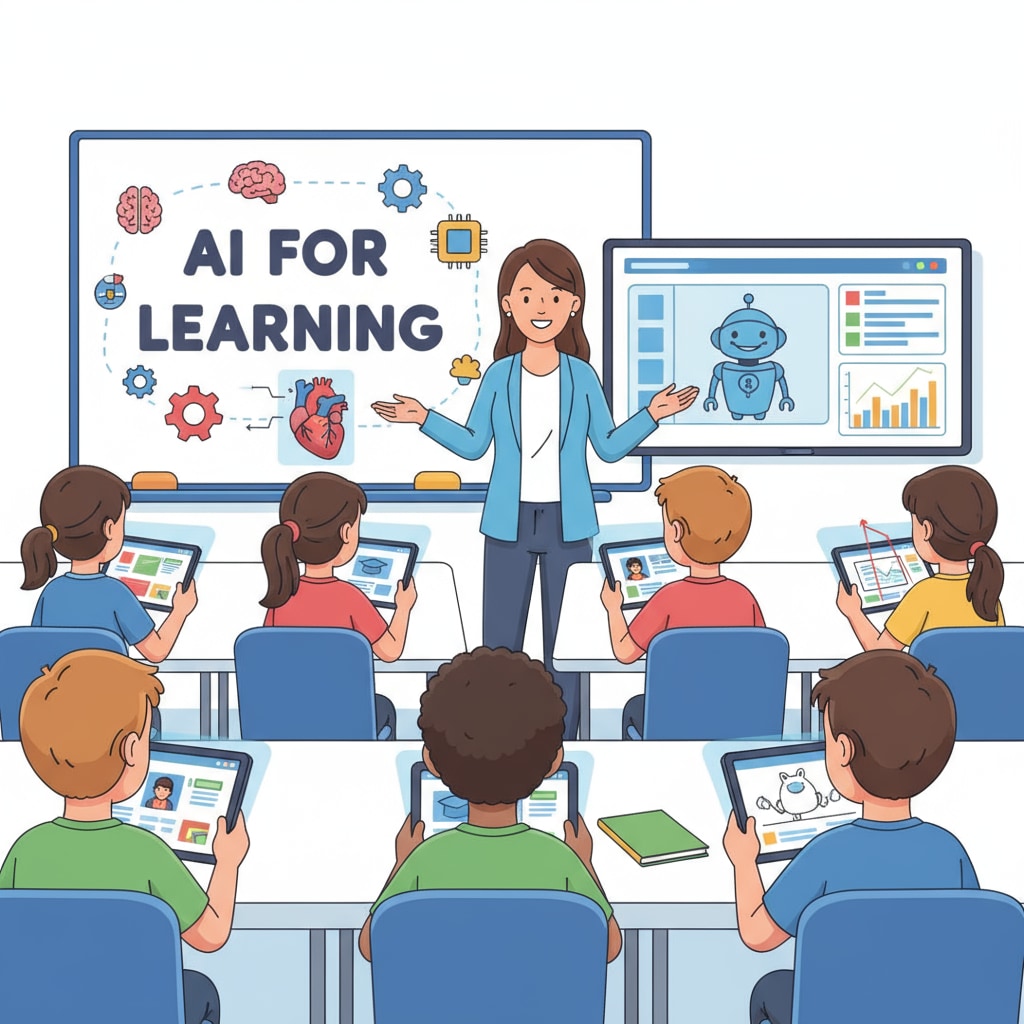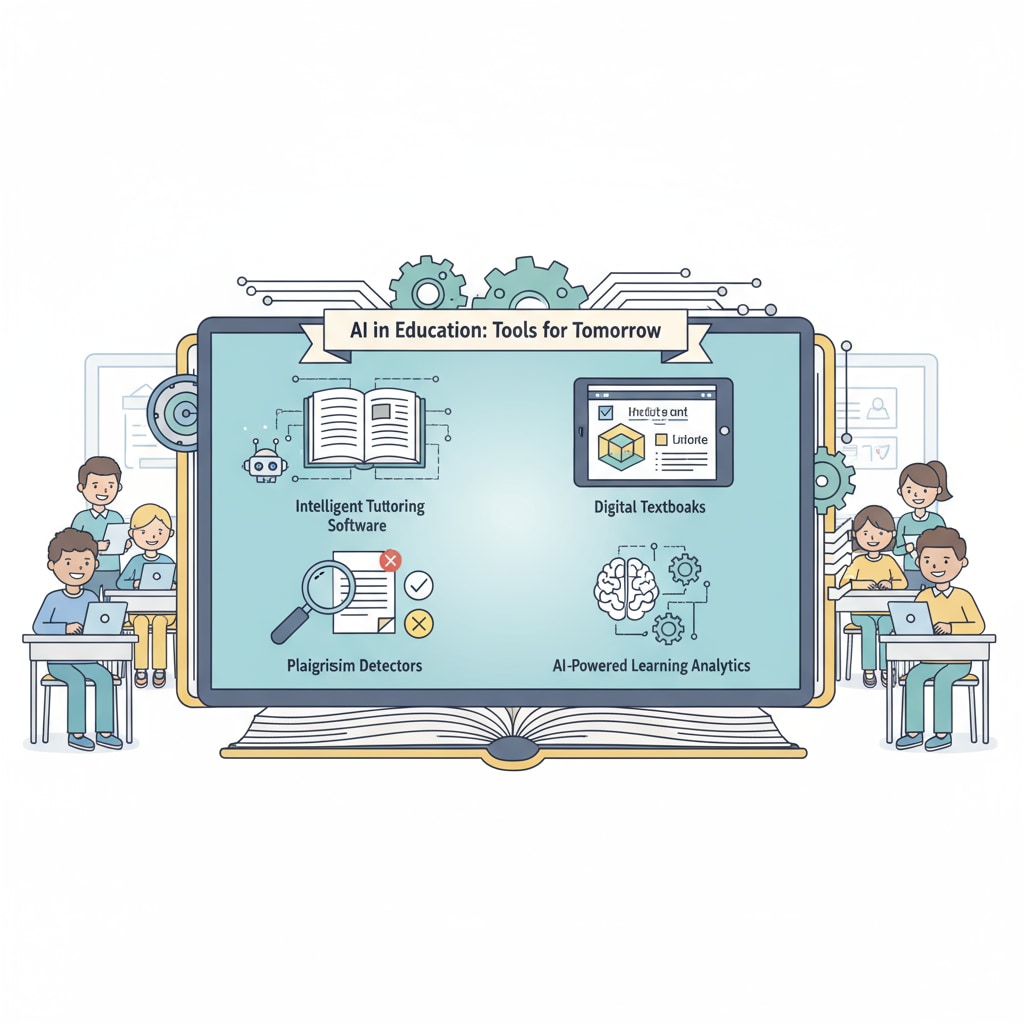The integration of AI applications in education has brought about a significant transformation, but it has also raised concerns about grade inflation and the effectiveness of educational assessment. As AI tools become more accessible and sophisticated, they are reshaping the way students learn and are evaluated.

For instance, AI can assist students in completing assignments with higher quality, leading to an increase in grades that may not accurately reflect their true understanding and capabilities.
The Rise of AI in Education
AI has infiltrated various aspects of education. From intelligent tutoring systems that provide personalized learning experiences to plagiarism detection tools, its applications are widespread. According to Artificial intelligence in education on Wikipedia, these technologies aim to enhance learning efficiency and effectiveness. However, this growth has also introduced new challenges to the traditional educational assessment model.

The Threat of Grade Inflation
Grade inflation is becoming a real concern. With AI’s help, students can produce work that appears excellent on the surface. This makes it difficult for educators to distinguish between work that is truly the result of a student’s efforts and understanding and that which is AI-generated. As a result, grades may no longer serve as a reliable indicator of a student’s academic achievements, undermining the fairness of the educational system.
Readability guidance: Keep paragraphs short and to the point. Use lists to summarize key points when possible. For example, when discussing the challenges, list them out clearly. Control the use of passive voice and long sentences. Incorporate transition words like “however”, “therefore”, and “in addition” to make the flow of the article smooth.


